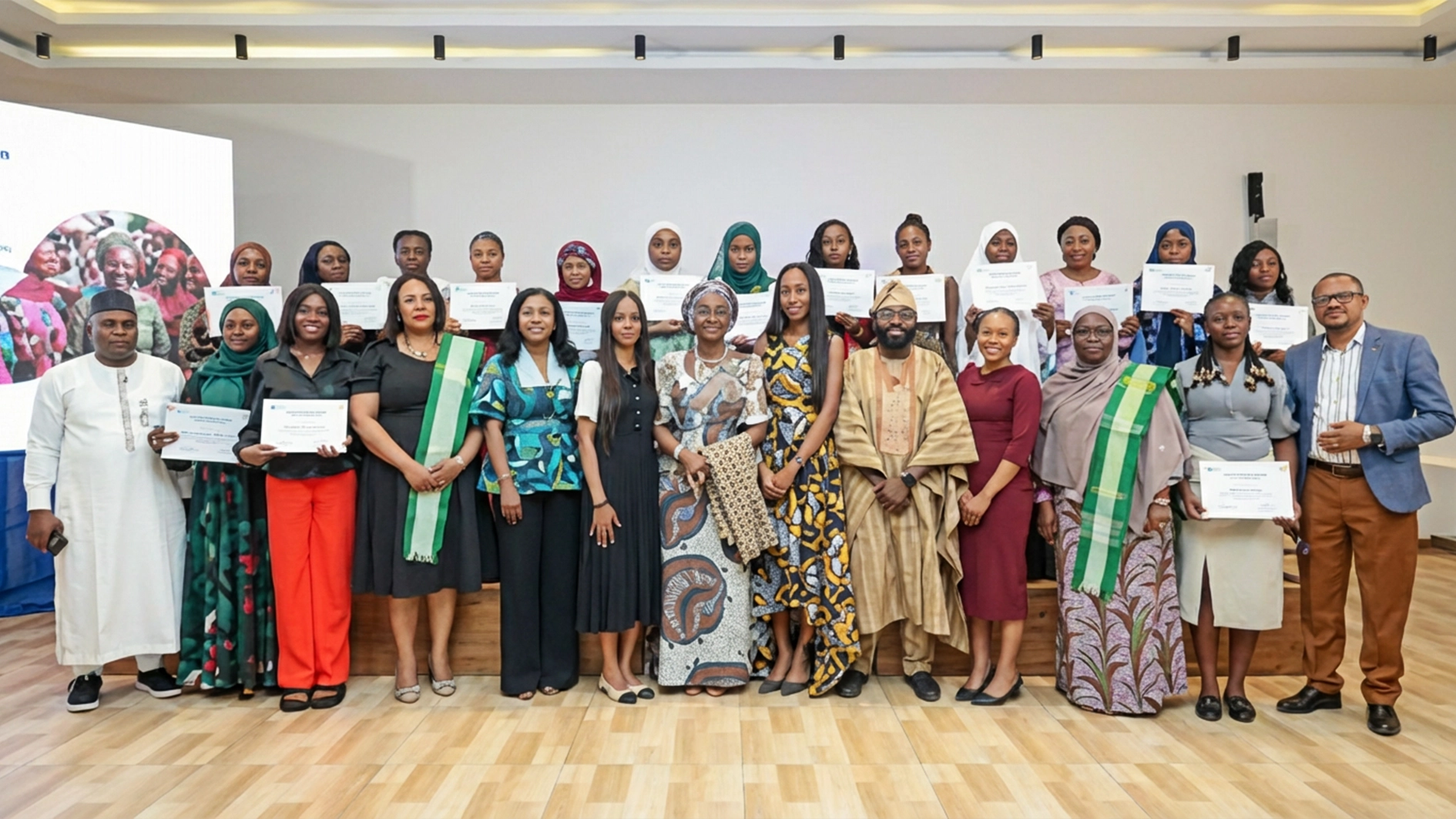When Jamiu Olalekan Makinde first stepped into the buzzing environment of a bottling plant in Nigeria, he wasn’t looking to start a revolution. He was looking for patterns — the kind that go unnoticed in spreadsheets, overlooked in routine inspections, and hidden deep within noisy datasets. Today, from his desk at Georgia State University in Atlanta, Makinde’s pursuit of these patterns has led to something much bigger: a groundbreaking statistical model that could save U.S. industries billions of dollars in quality control failures.
In a recently submitted peer-reviewed paper titled “Homogeneously Weighted Moving Average (HWMA) Control Chart under Ranked Set Sampling Schemes with Measurement Error,” Makinde presents a new generation of control charts designed to detect defects in manufacturing processes faster and more accurately than ever before.
What makes his work exceptional isn’t just the math — though it’s impressive — but its real-world application. This isn’t just theory locked in a journal. This is a model validated with real data from Pepsi Cola production lines, and the results are eye-opening.
His approach brings together two powerful statistical tools — Ranked Set Sampling (RSS) and the HWMA control chart — and corrects for a common yet often ignored problem in industrial settings: measurement error. In plain terms, Makinde’s model is like upgrading from an old dial-up connection to high-speed internet — it picks up problems faster, reduces false alarms, and accounts for the messiness of real-life factory data.
“Every second counts on the production line,” says, a senior quality assurance analyst at a midwestern food packaging plant. “Makinde’s model means less product waste, faster interventions, and better compliance with our strict federal quality standards. We’ve waited a long time for something like this.”
A Big Deal for the U.S. Economy
Why does this matter to the average American or the broader U.S. economy? Because product recalls, equipment downtime, and manufacturing defects cost U.S. industries an estimated $50–60 billion annually. Whether it’s a batch of contaminated food, faulty auto parts, or miscalibrated medical devices, the financial and reputational cost of a missed quality signal is massive.
Makinde’s model offers a cost-effective, data-driven way to prevent these problems before they spiral out of control. Implementing smarter quality control systems like his could lead to:
* A sharp reduction in product recalls and litigation risks
* Greater operational efficiency and savings across industries
* Enhanced trust in American-made goods globally
* Job preservation by improving competitiveness in manufacturing
This isn’t just a win for big factories. Small and medium-sized enterprises (SMEs), which often lack the sophisticated quality monitoring systems used by large corporations, stand to benefit even more. Makinde’s model is computationally lean and adaptable, meaning it can be deployed without the need for expensive new infrastructure.
A Global Citizen with a Local Impact
Makinde’s journey from Nigeria to the United States is emblematic of the global talent that continues to power American innovation. With a background in statistics and applied mathematics from the Federal University of Technology in Akure, and now pursuing a master’s degree in Mathematics and Statistics at Georgia State University (where he boasts a 3.96 GPA), Makinde combines academic rigor with an eye for practical solutions.
Before arriving in Atlanta, he had already cut his teeth analyzing bottling trends for Pepsi, training analysts in government bureaus, and delivering lectures to hundreds of university students. That combination of field experience and classroom precision gives his work a rare edge — it speaks both to the theorist in the lab and the engineer on the plant floor.
“There’s a beauty in data that tells a story,” Makinde says. “But in industry, that story has to lead to action. If we can catch a process drift early, we save resources, reduce environmental waste, and keep customers safe. That’s the power of this model.”
A Model for the Future
As the U.S. looks to onshore more manufacturing and strengthen its supply chains in a post-pandemic economy, tools like Makinde’s are not just helpful — they’re essential. Automation, AI, and predictive maintenance will all play roles, but robust statistical monitoring will remain the quiet hero behind the scenes, flagging when things go wrong before humans even notice.
And that’s exactly where Makinde’s work shines. His model accounts for messy data, inconsistent sampling, and even human error — the kind of real-world imperfection that traditional models often fail to handle. It’s built not for perfection, but for resilience.
Beyond the U.S., Makinde’s innovation could be transformative for developing countries, where low-cost quality monitoring can mean the difference between failed exports and global market access. His work supports not just economic growth, but inclusive growth — giving smaller players in global trade a fairer shot at success.
A Scholar Worth Watching
Makinde is not done. He’s already working on Bayesian models for public health data, building dashboards for healthcare systems, and exploring new frontiers in non-parametric regression. He’s a data scientist, teacher, analyst, and — increasingly — an innovator in applied statistics with a growing global audience. Makinde’s work reminds us that real innovation doesn’t always come from a big lab or a Silicon Valley startup. Sometimes, it comes from a sharp mind who sees the noise in the data and knows exactly how to clear it. One thing is certain: industries across the U.S. would do well to pay attention






